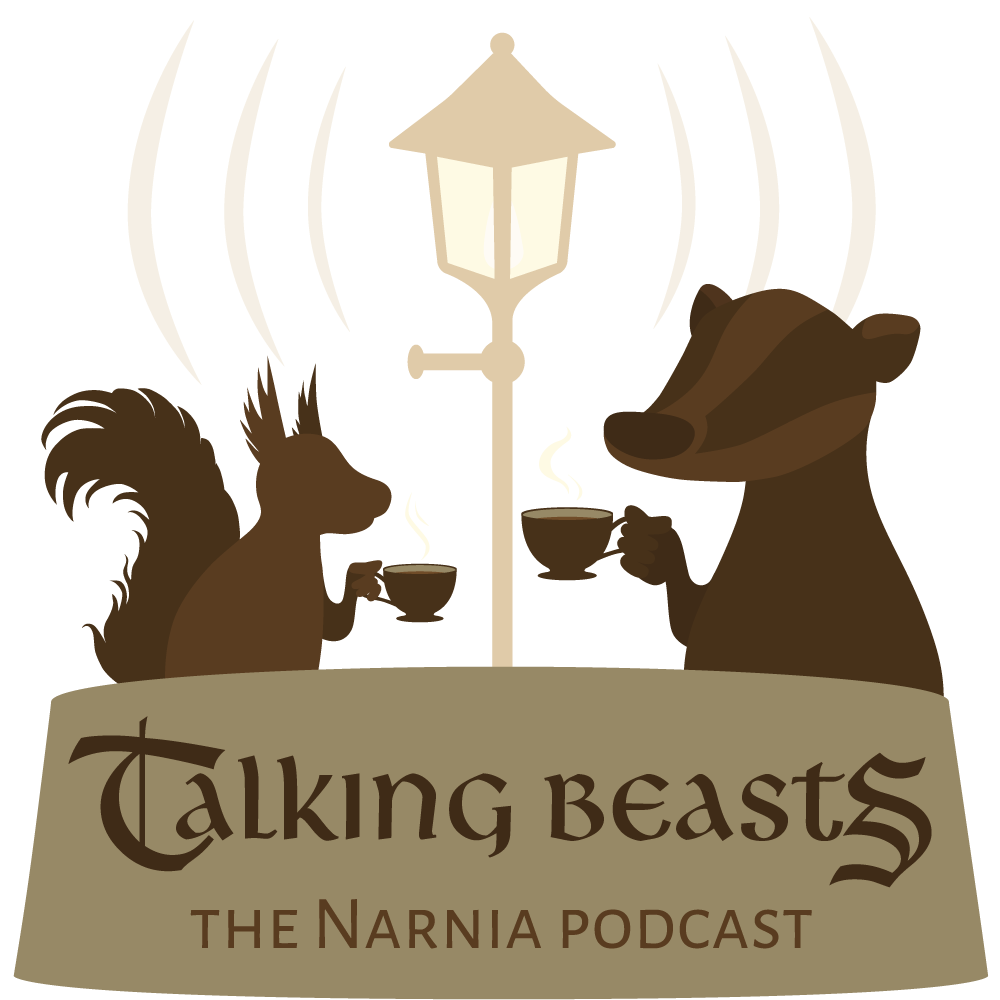Discussion Group Week 2: What was the magician’s transgression?
Last week we started a 7-week series of discussion group questions from Devin Brown. The second question has now been posted: “What was the magician’s transgression?” Join us this week for some thought-provoking discussion.






I don't think we were meant to know.
We are only told our own story.
Indeed!
Perhaps the reason is "We are told no story but our own."
But the second question of the discussion forum asks: 2. Readers are told about Edmund’s and Eustace’s transgressions. Why do you think Lewis leaves Coriakin’s unspecified?
We also learn of Lucy's transgression at the Magician's house and two times when Caspian falls to temptation–at Deathwater and in the final chapter as they near Aslan's Country.
Is there something different about the Magician's transgression? Or is there some other reason we are not told?
I invite your comments on the Discussion Forum page!
It isn't that we aren't meant to know, but that Edmund or Eustace aren't meant to know. That's within the story, and that's all we get in that book.
We can know about the other characters' transgressions because the story is about them. I don't think CS Lewis was saying we shouldn't ever know the bad things people do, even in fictional stories. But he is giving us that message for ourselves in the real world.
We COULD know what Coriakin's sin was, if the story at all centered on him. But the other characters cannot because they are part of his story, and bear the same relation to him as we (in the world/on Narniaweb) bear to eachother.
It reminds me of Paul and his thorn in the flesh. No one truly knows what it is, but it gave him more faith…just like it seemed that whatever Coriakin's trangressions are give him more faith in Aslan. Just a thought.